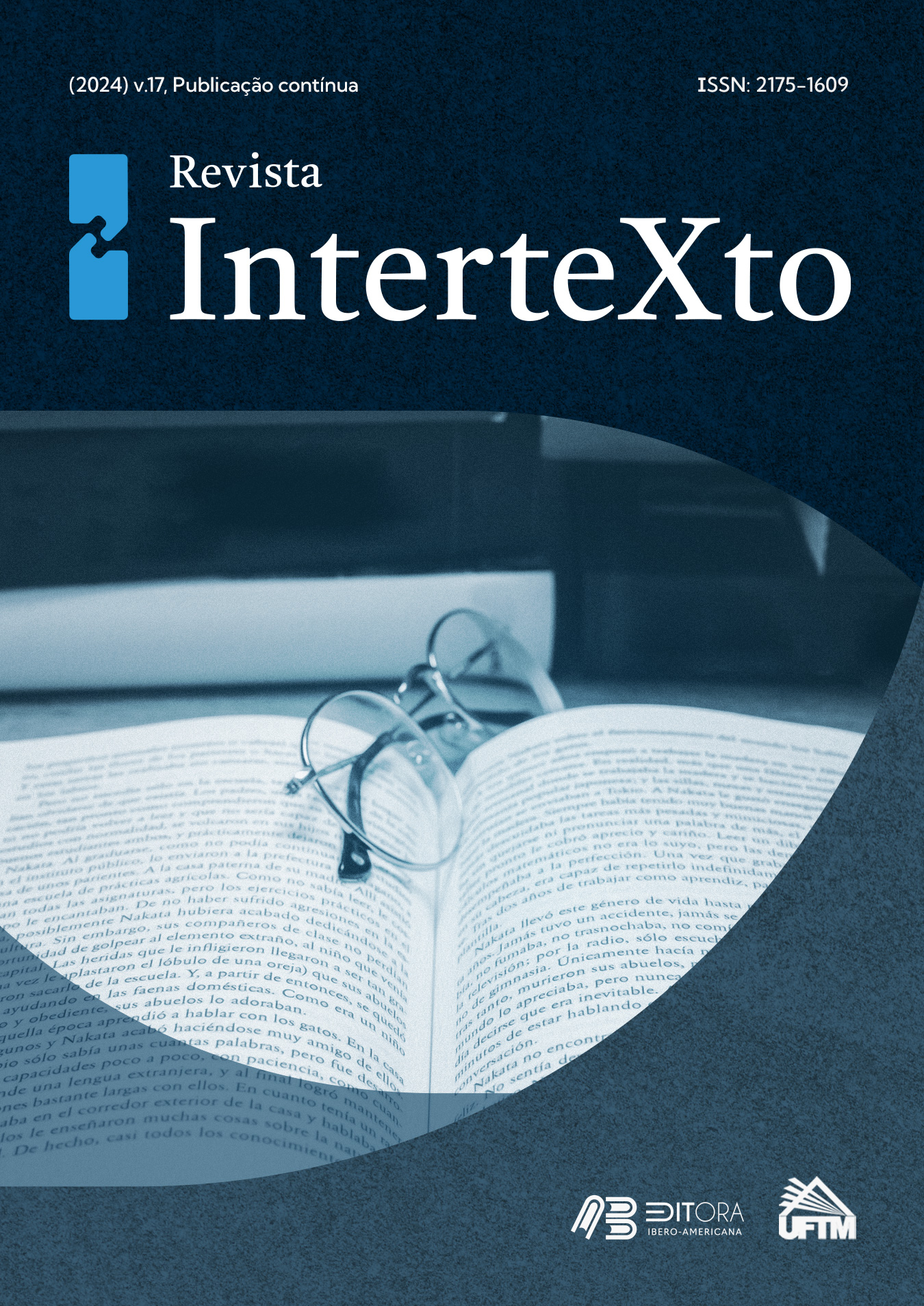DO DO PRECONCEITO AO RESPEITO LINGUÍSTICO: UM CAMINHO PARA NORMALIZAR A DIVERSIDADE LINGUÍSTICA
DOI:
https://doi.org/10.18554/it.v17i00.6488Abstract
ABSTRACT: The guidelines contained in the National Curricular Common Base (BRASIL, 2017) inspire the commitment of teaching professionals to carry out work with the Portuguese language in the school space so that demonstrates linguistic respect. Although the phenomenon of linguistic heterogeneity is wide discussed, there are still obstacles that hinder harmonious reflections so that linguistic variation is treated normally in school institutions. Therefore, in this article we present discussions about linguistic heterogeneity in order to show possible ways to recognize the legitimacy of a given linguistic variety, while teaching the standard norm, contributing to learning it with less resistance. We also present proposals for activities to be applied in the final years of elementary school, based on the selection of texts of different genres, with current and real examples. We base our theoretical support on contributions from Faraco (2008); Faraco; Zilles (2017); Leite (2012); Bagno (2003; 2013); Scherre (2021); Marine; Oliveira; Silva (2021). Finally, we emphasize that our intention in proposing the application of these activities is to contribute so that Portuguese language classes are an opportunity to carry out work towards linguistic respect.
KEYWORDS: Portuguese language teaching; Linguistic variation; Linguistic prejudice and respect.
Downloads
Published
Issue
Section
License
Autores do manuscrito deverão preencher e assinar a Declaração de Responsabilidades e Transferência de Direitos Autorais, que deverá ser anexada, pelo autor responsável pela submissão, no passo 4 do processo de submissão no sistema da revista (Clicar na opção “Browse”, selecionar o arquivo que deve ser inserido no formato pdf, clicar no botão “Transferir”, no campo “Título” digitar: Declaração de responsabilidades, depois clicar no botão “Salvar e Continuar” e prosseguir com o processo de submissão).
A Revista InterteXto da Universidade Federal do Triângulo Mineiro está licenciado com uma Licença Creative Commons - Atribuição-NãoComercial 4.0 Internacional.
Baseado no trabalho disponível em www.uftm.edu.br.
Podem estar disponíveis autorizações adicionais às concedidas no âmbito desta licença em
http://seer.uftm.edu.br/revistaeletronica/index.php/










